-
 bitcoin
bitcoin $87959.907984 USD
1.34% -
 ethereum
ethereum $2920.497338 USD
3.04% -
 tether
tether $0.999775 USD
0.00% -
 xrp
xrp $2.237324 USD
8.12% -
 bnb
bnb $860.243768 USD
0.90% -
 solana
solana $138.089498 USD
5.43% -
 usd-coin
usd-coin $0.999807 USD
0.01% -
 tron
tron $0.272801 USD
-1.53% -
 dogecoin
dogecoin $0.150904 USD
2.96% -
 cardano
cardano $0.421635 USD
1.97% -
 hyperliquid
hyperliquid $32.152445 USD
2.23% -
 bitcoin-cash
bitcoin-cash $533.301069 USD
-1.94% -
 chainlink
chainlink $12.953417 USD
2.68% -
 unus-sed-leo
unus-sed-leo $9.535951 USD
0.73% -
 zcash
zcash $521.483386 USD
-2.87%
How do you confirm a WMA signal with candlestick patterns?
Combining WMA crossovers with key candlestick patterns like hammers or engulfing bars boosts signal accuracy in crypto trading, especially when confirmed by volume and multi-timeframe alignment.
Oct 18, 2025 at 09:36 pm
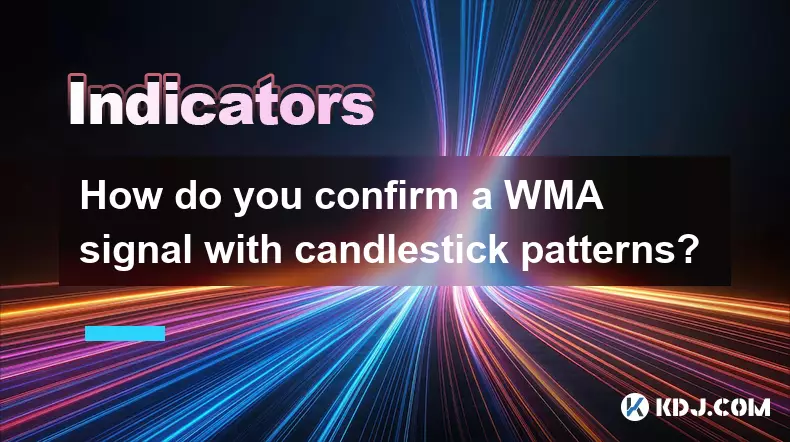
Understanding WMA and Candlestick Synergy
1. The Weighted Moving Average (WMA) assigns greater importance to recent price data, making it more responsive to new information compared to simple moving averages. Traders use WMA to identify trend direction and potential reversal points in the cryptocurrency market. When combined with candlestick patterns, the signal accuracy improves significantly.
2. Candlestick patterns reveal trader sentiment through price action formations such as doji, engulfing patterns, hammers, and shooting stars. These visual cues indicate possible exhaustion of a current trend or the emergence of a new one. Aligning these patterns with WMA movements enhances confirmation.
3. A bullish WMA crossover occurs when a short-term WMA crosses above a longer-term WMA, suggesting upward momentum. If this happens alongside a bullish engulfing pattern or hammer formation near a support level, the reliability of the buy signal increases substantially.
4. Conversely, a bearish WMA crossover—short-term WMA falling below the long-term WMA—carries more weight when confirmed by a shooting star or dark cloud cover pattern at a resistance zone. This confluence suggests strong selling pressure is entering the market.
5. Volume should also be assessed during these confirmations. A breakout or reversal supported by high trading volume adds further legitimacy to the combined WMA and candlestick signal, especially in volatile markets like Bitcoin or Ethereum.
Key Candlestick Patterns That Confirm WMA Signals
1. Bullish Engulfing Pattern: This two-candle formation appears after a downtrend, where the second green candle completely engulfs the body of the prior red candle. When this occurs at the same time the price moves above a rising WMA, it signals strong buying interest.
2. Hammer: Identified by a small upper body and a long lower wick, the hammer often forms at the bottom of a decline. If the closing price is near the top of the range and the WMA begins to flatten or turn upward, this reinforces a potential bullish reversal.
3. Doji: Representing indecision, a doji near a key WMA level can signal an impending shift. If the doji forms after a prolonged move and coincides with the price touching or crossing the WMA, it may precede a trend change.
4. Bearish Engulfing Pattern: This occurs when a large red candle fully overtakes the previous green candle’s body. When observed after a rally and aligned with a downward WMA crossover, it highlights growing bearish control.
5. Shooting Star: Featuring a small lower body and extended upper wick, this pattern suggests rejection at higher prices. Its appearance at resistance, especially when the price falls below a declining WMA, strengthens the sell signal.
Practical Application in Crypto Trading
1. In fast-moving markets like altcoins, WMAs with periods of 9 and 21 are commonly used. A 9-period WMA crossing above the 21-period WMA during a morning star candlestick pattern on the 4-hour chart can serve as a robust entry point for long positions.
2. On exchanges such as Binance or Bybit, traders apply WMAs on price charts alongside Japanese candlesticks. For instance, when Solana’s price creates a piercing line pattern while breaking above its 50-period WMA, it indicates renewed bullish momentum backed by technical structure.
3. False signals remain a risk, especially during low-liquidity periods or news-driven spikes. Confirmation requires alignment across multiple timeframes. A daily WMA crossover supported by a weekly bullish harami increases confidence in holding positions over days or weeks.
4. Scalpers often rely on 5-minute or 15-minute charts using shorter WMAs (e.g., 5 and 13). Here, immediate candlestick feedback—like an inside bar resolving upward post-WMA touch—can trigger rapid entries with tight stop-losses.
5. Automated bots can be programmed to scan for WMA crossovers and match them against predefined candlestick configurations. This removes emotional bias and ensures consistent execution based on historical backtested criteria.
Frequently Asked Questions
What is the optimal WMA period for day trading cryptocurrencies?A 9-period and 21-period WMA combination is widely adopted among crypto day traders due to its responsiveness without excessive noise. Shorter durations suit scalping, while longer intervals reduce false triggers during consolidation phases.
Can candlestick patterns fail even when aligned with WMA signals?Yes. Market manipulation, sudden regulatory news, or macroeconomic events can invalidate technically sound setups. It's essential to incorporate risk management tools like stop-loss orders and position sizing regardless of apparent signal strength.
How do you distinguish between a valid doji near WMA and random noise?Context matters. A doji that forms after a sharp move, near a psychological price level, and accompanied by shrinking volume suggests genuine indecision. If followed by a decisive break beyond the doji’s range with increased volume, the subsequent WMA interaction becomes more meaningful.
Is it advisable to use only WMA and candlesticks without other indicators?While powerful together, relying solely on WMA and candlesticks may overlook broader market context. Many professional traders layer in relative strength index (RSI), volume profile, or on-chain metrics to filter out weak signals and improve decision precision.
Disclaimer:info@kdj.com
The information provided is not trading advice. kdj.com does not assume any responsibility for any investments made based on the information provided in this article. Cryptocurrencies are highly volatile and it is highly recommended that you invest with caution after thorough research!
If you believe that the content used on this website infringes your copyright, please contact us immediately (info@kdj.com) and we will delete it promptly.
- UAE Investor Secures Major Stake in Trump-Linked Crypto Firm Amidst Shifting Geopolitical Tides
- 2026-02-02 07:10:01
- Pepe Meme Coin: Navigating the Hype, Price Predictions, and Future Outlook in 2026 and Beyond
- 2026-02-02 07:05:01
- Blockchain Gaming's Quiet Revolution: Unpacking Latest Trends and Industry Insights Amidst Market Shifts
- 2026-02-02 06:30:01
- IPO Genie, Tokenization, and YouTubers: The Big Apple's Next Big Bet on Democratized Wealth
- 2026-02-02 06:40:02
- Aptos in a Bind: Downtrend Deepens, But a Brief Relief Bounce Looms Before the Next Plunge
- 2026-02-02 07:00:01
- Pi Network, ATL, and Community: Navigating the Currents of a Mobile-First Crypto Movement
- 2026-02-02 07:00:01
Related knowledge
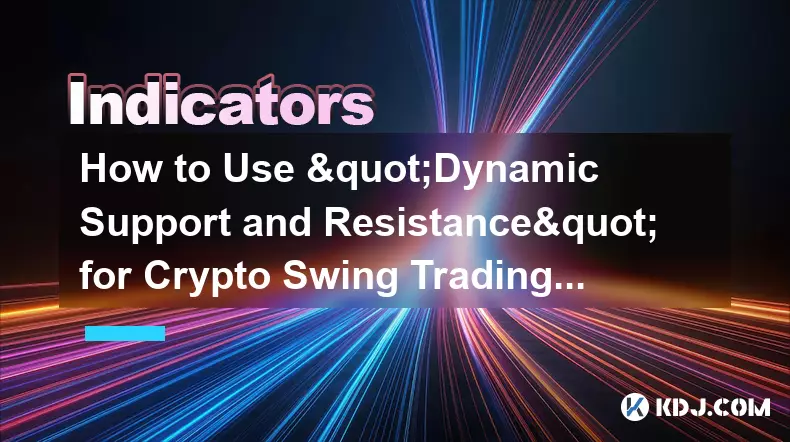
How to Use "Dynamic Support and Resistance" for Crypto Swing Trading? (EMA)
Feb 01,2026 at 12:20am
Understanding Dynamic Support and Resistance in Crypto Markets1. Dynamic support and resistance levels shift over time based on price action and movin...
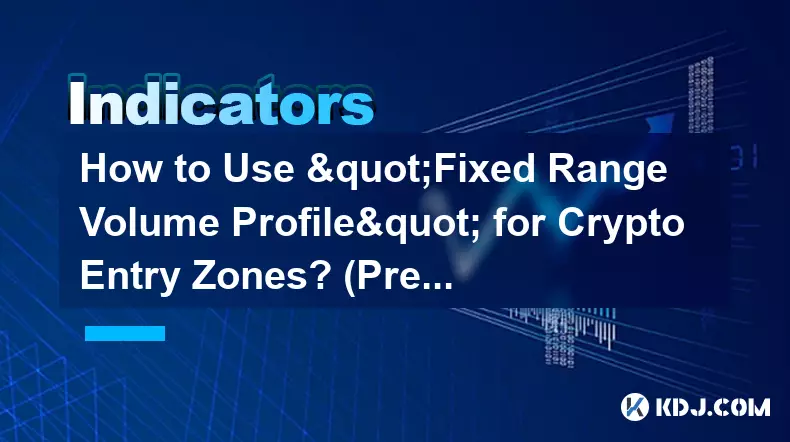
How to Use "Fixed Range Volume Profile" for Crypto Entry Zones? (Precision)
Feb 01,2026 at 10:19pm
Understanding Fixed Range Volume Profile Mechanics1. Fixed Range Volume Profile (FRVP) maps traded volume at specific price levels within a defined ti...
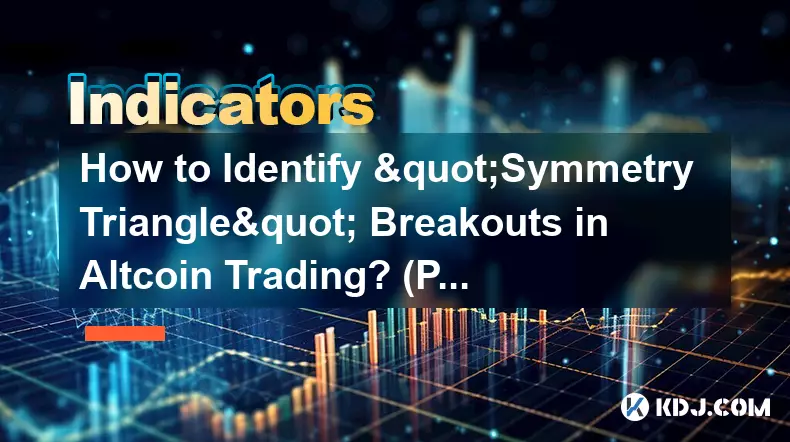
How to Identify "Symmetry Triangle" Breakouts in Altcoin Trading? (Patterns)
Feb 01,2026 at 01:39pm
Symmetry Triangle Formation Mechanics1. A symmetry triangle emerges when price action consolidates between two converging trendlines—one descending an...
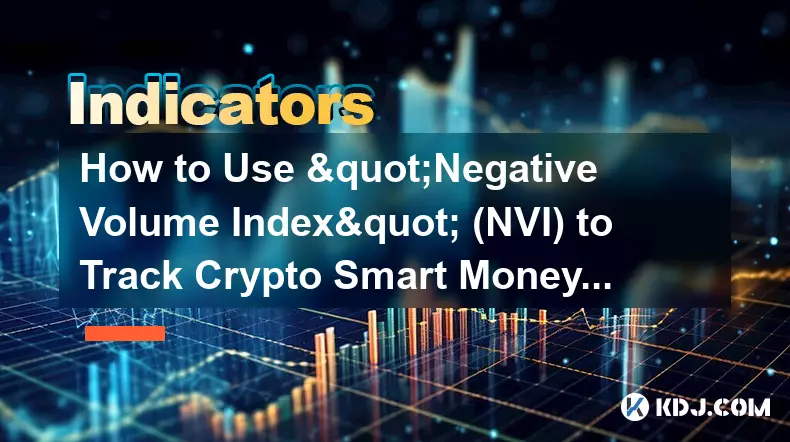
How to Use "Negative Volume Index" (NVI) to Track Crypto Smart Money? (Pro)
Feb 01,2026 at 02:40am
Understanding NVI Mechanics in Crypto Markets1. NVI calculates cumulative price change only on days when trading volume decreases compared to the prio...
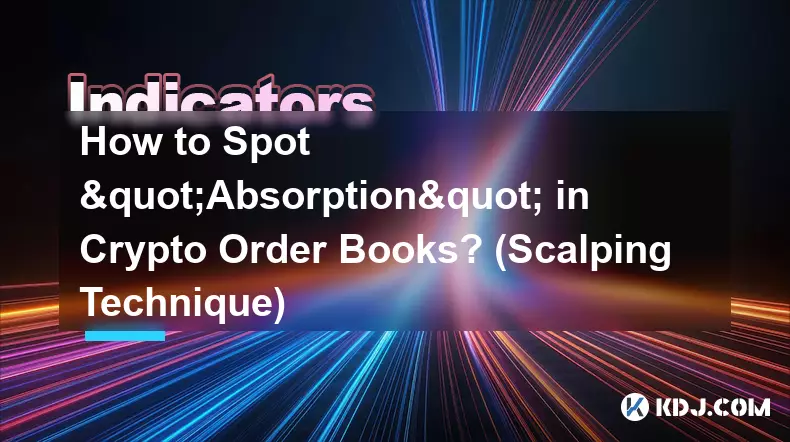
How to Spot "Absorption" in Crypto Order Books? (Scalping Technique)
Feb 01,2026 at 08:39pm
Understanding Absorption Mechanics1. Absorption occurs when large buy or sell orders repeatedly appear and vanish at the same price level without trig...
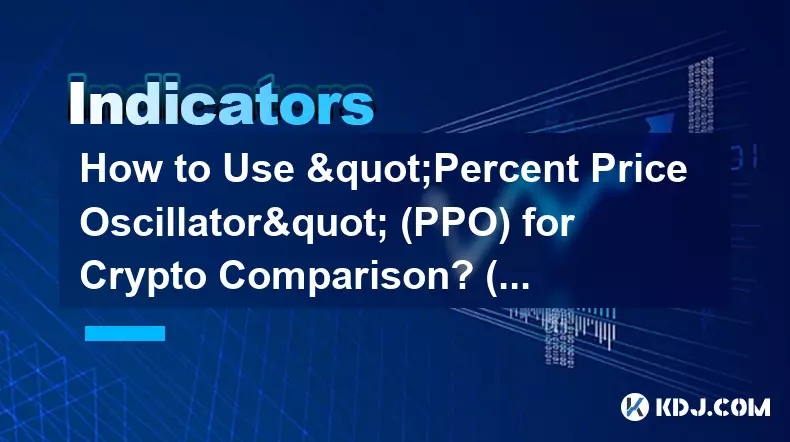
How to Use "Percent Price Oscillator" (PPO) for Crypto Comparison? (Strategy)
Feb 01,2026 at 01:59am
Understanding PPO Mechanics in Volatile Crypto Markets1. The Percent Price Oscillator calculates the difference between two exponential moving average...

How to Use "Dynamic Support and Resistance" for Crypto Swing Trading? (EMA)
Feb 01,2026 at 12:20am
Understanding Dynamic Support and Resistance in Crypto Markets1. Dynamic support and resistance levels shift over time based on price action and movin...

How to Use "Fixed Range Volume Profile" for Crypto Entry Zones? (Precision)
Feb 01,2026 at 10:19pm
Understanding Fixed Range Volume Profile Mechanics1. Fixed Range Volume Profile (FRVP) maps traded volume at specific price levels within a defined ti...

How to Identify "Symmetry Triangle" Breakouts in Altcoin Trading? (Patterns)
Feb 01,2026 at 01:39pm
Symmetry Triangle Formation Mechanics1. A symmetry triangle emerges when price action consolidates between two converging trendlines—one descending an...

How to Use "Negative Volume Index" (NVI) to Track Crypto Smart Money? (Pro)
Feb 01,2026 at 02:40am
Understanding NVI Mechanics in Crypto Markets1. NVI calculates cumulative price change only on days when trading volume decreases compared to the prio...

How to Spot "Absorption" in Crypto Order Books? (Scalping Technique)
Feb 01,2026 at 08:39pm
Understanding Absorption Mechanics1. Absorption occurs when large buy or sell orders repeatedly appear and vanish at the same price level without trig...

How to Use "Percent Price Oscillator" (PPO) for Crypto Comparison? (Strategy)
Feb 01,2026 at 01:59am
Understanding PPO Mechanics in Volatile Crypto Markets1. The Percent Price Oscillator calculates the difference between two exponential moving average...
See all articles










































































